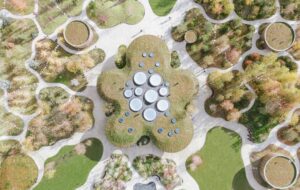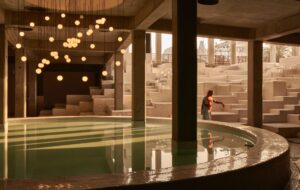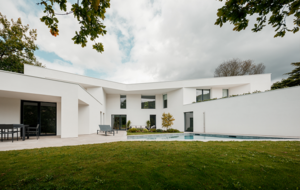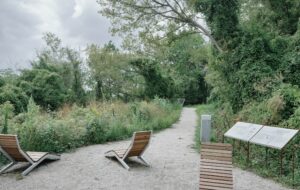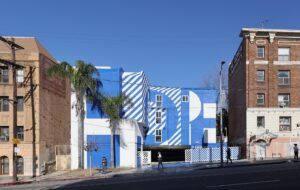We need to do more to expand access to the profession from a young age
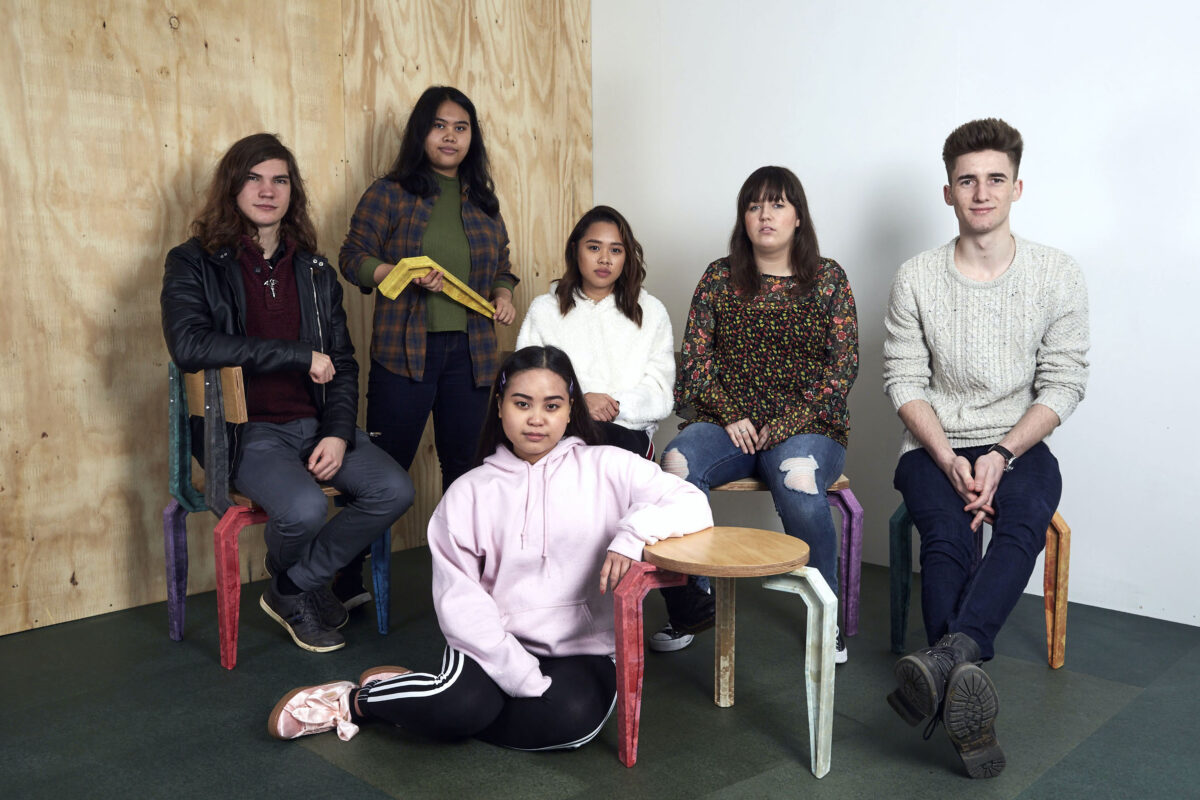 Wealdstone Youth Workshop in London, 2018. Photograph: Thomas Adank
Wealdstone Youth Workshop in London, 2018. Photograph: Thomas Adank
Words by Nisha Kurian
Here in the UK, architecture as a profession is predominantly white, male and middle class. To be anything other than this means you often feel like an outsider. In my experience this gets worse the longer you’ve been in the industry. Under-representation of BAME people and women, especially in more senior positions, is a huge issue.
The problem of a lack of diversity in architecture starts early, with the level of exposure to or interaction with the profession. If you don’t have any contact with architects in your lifetime, as the majority of people outside of our professional bubble don’t, then it may not even occur to you that a career in architecture is an option.
We’re not doing enough to make young people aware of the available pathways into the industry, particularly in comparison to STEM subjects, where there are programmes set up with schools to encourage young people, especially women, into those fields. Showing young people that an architecture degree is a viable option, and that it can lead to many different ways of ‘doing architecture’, is important.
Many schools are just not equipped with the resources or knowledge to advise students on design-related professions in the same way they would for more recognised subjects. So it tends to be people from families that are more familiar with the worlds of architecture and design who get involved. This legacy aspect doesn’t translate well for people from BAME communities, who are already under-represented, resulting in a profession where you don’t see a lot of non-white people.
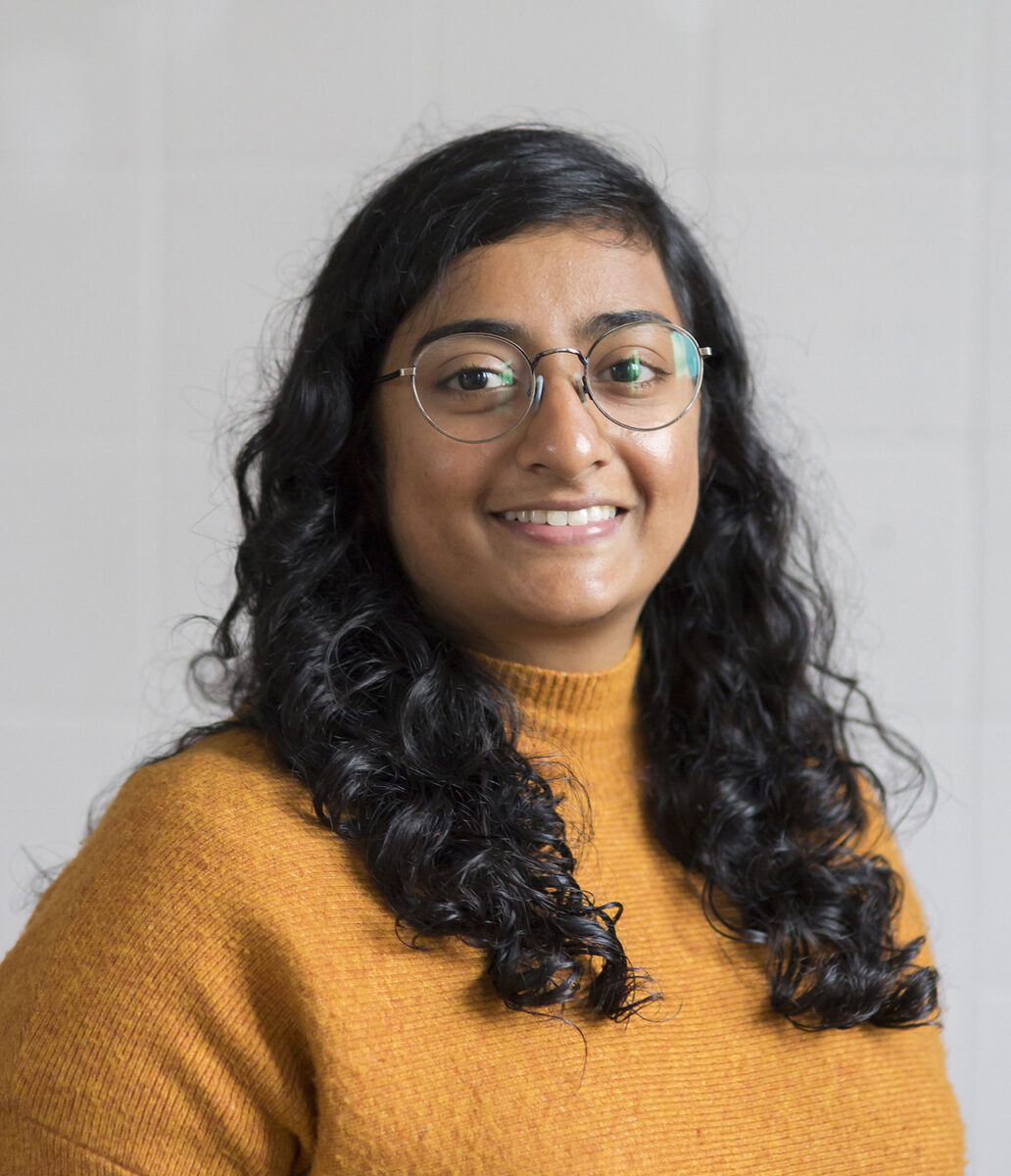 Nisha Kurian
Nisha Kurian
Architects in practice need to take a greater advocacy role in raising the profile of the profession, by going into schools and talking about career paths in architecture and design.
It’s indisputable that greater diversity and representation within the architecture profession benefits everybody. It enriches the dialogue by including a wider range of perspectives and experience, as well as providing a broader talent pool. It’s particularly important in a place like London, that those shaping the built environment represent the communities that live here.
If we, as professionals on ‘the inside’, are going to be serious about promoting greater diversity within the profession, then we need to proactively create the pathways and opportunities for access into the sector for people from lower-income and under-represented backgrounds. This means actually employing and reaching out to people from those backgrounds.
So at We Made That, and in coordination with fellow practices IF_DO and Gort Scott, we set up the RE—SET—GO programme to proactively make the profession more inclusive through paid workplace experiences and mentoring. We will be collaborating with Afterparti, the collective set up by graduates of New Architecture Writers (NAW), a programme for emerging BAME design writers which we support.
Afterparti will act as critical friends and challengers of the programme, helping to reflect and build on the experience of participants and ensure we deliver a sustainable programme for the future. They will be checking and challenging our biases to ensure that the programme centres the participants’ voices and is as educational, empowering and uplifting as possible.
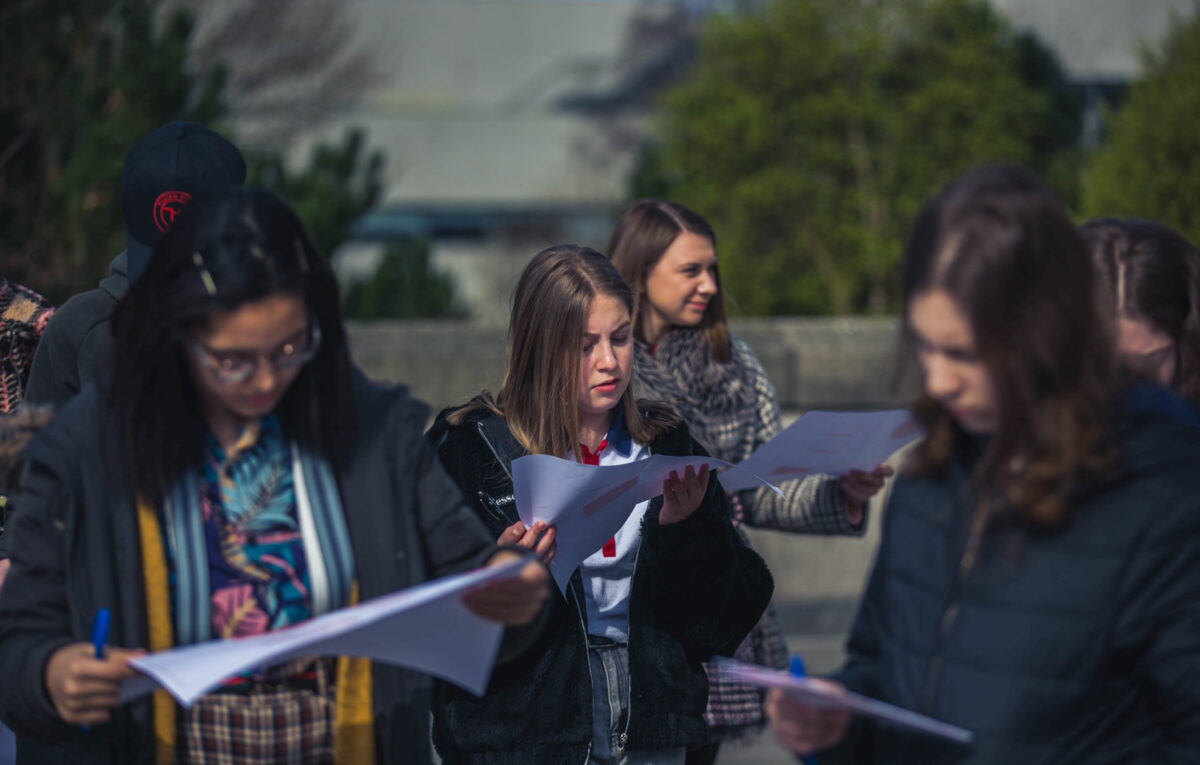 Saturday Club Trust ‘masterclass’ on urban planning. Photograph: Karl Hopkinson
Saturday Club Trust ‘masterclass’ on urban planning. Photograph: Karl Hopkinson
What’s exciting about RE—SET—GO is that it’s an employer-led initiative, so we’re able to offer hands-on, paid workplace experience alongside one-to-one mentoring opportunities, workshops and events that are specifically targeted at under-represented groups. The programme is funded and backed by Stride (formerly the South London Innovation Corridor), as well as through the involvement and contribution of offices in the London Practice Forum.
RE—SET—GO will offer more than 150 people from under-represented backgrounds the experience, skills and connections to prepare for future employment in architectural practice. The existing funding and scope of the project runs from the beginning of 2021 till the summer, however we want to see it serve as a pilot for a wider-reaching and longer-running initiative, eventually involving more practices and providing increased opportunities for under-represented people. Our hope is that RE—SET—GO helps to address the current imbalance and ultimately leads to a more diverse architecture profession.
Nisha Kurian is an associate at We Made That



